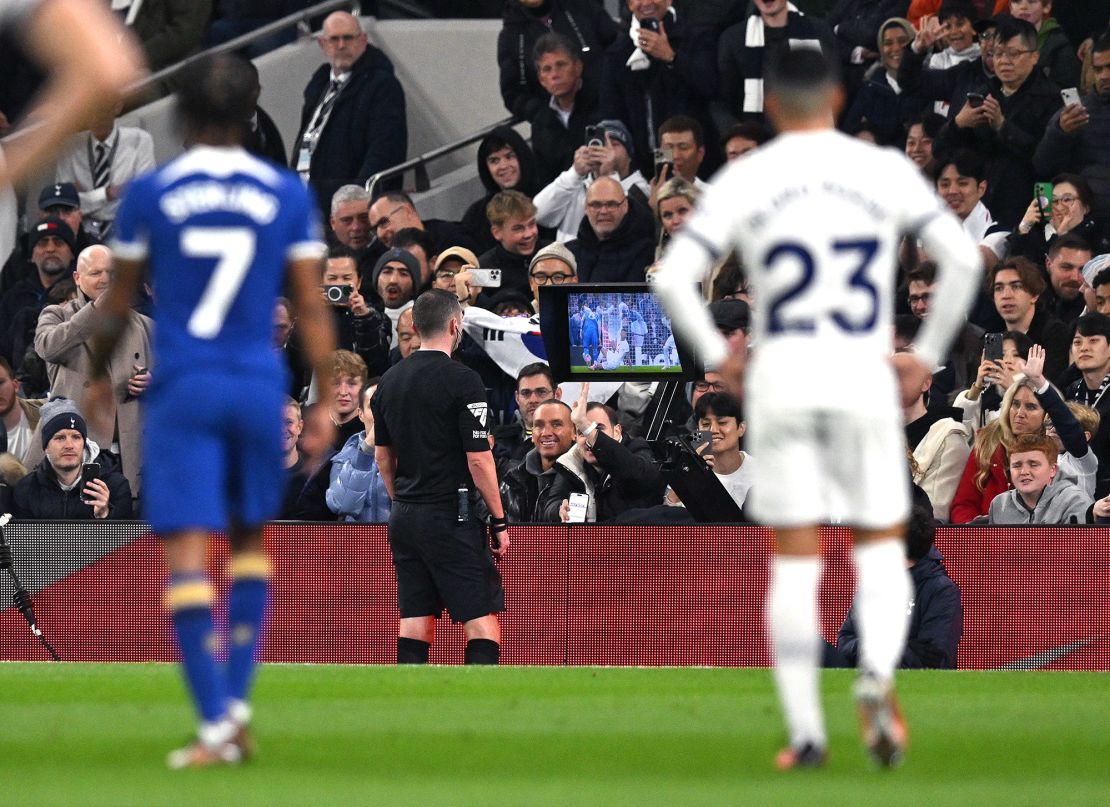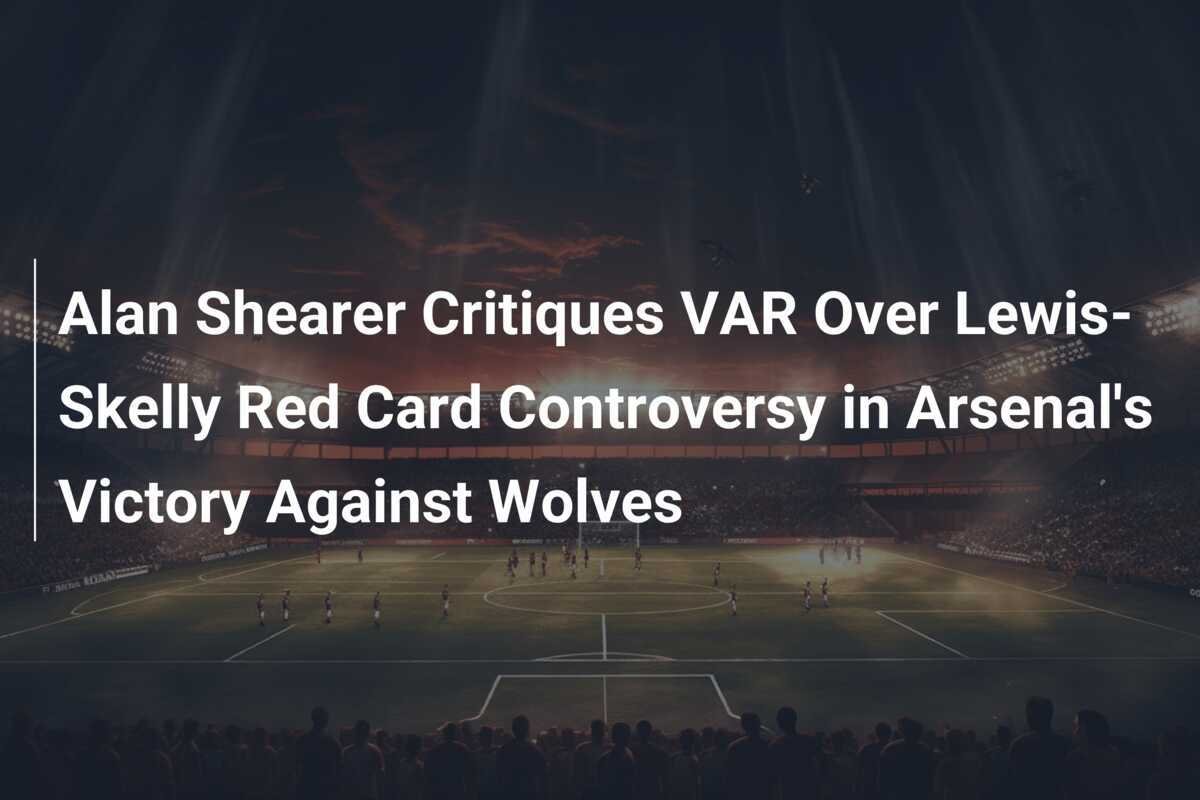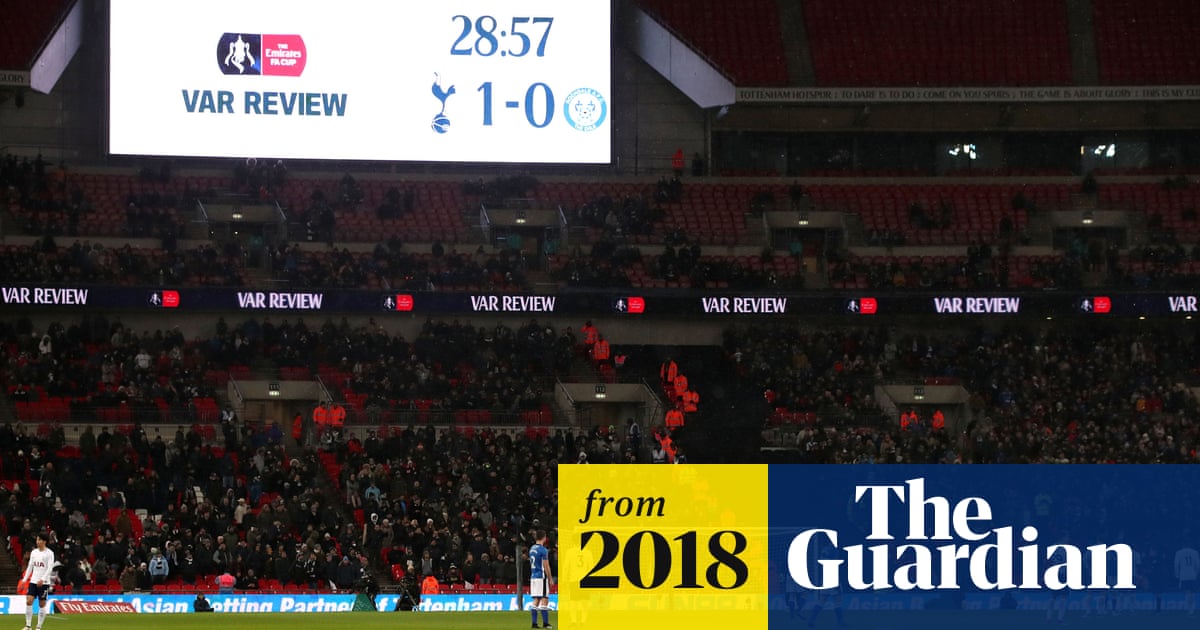
The introduction of the Video Assistant Referee (VAR) in international football has ushered in a new era of officiating, promising increased fairness and accuracy in match decisions. However, as recent international fixtures have demonstrated, the deployment of VAR comes with its unique set of challenges and controversies.

The Role of VAR in Decision-Making
Since its implementation, VAR has played a crucial role in altering the landscape of football. Its primary objective is to assist the referee in making correct decisions on critical incidents such as goals, penalties, direct red cards, and mistaken identity. The technology allows referees to review and, if necessary, overturn decisions based on video replays. This system is designed to minimize human error, which has historically influenced the outcome of matches.
In recent international matches, VAR has been instrumental in ensuring that contentious decisions are assessed with precision. For instance, during the FIFA World Cup qualifiers, several crucial penalty decisions were reviewed using VAR, leading to outcomes that might have been different without technological intervention.
Controversies and Criticisms
Despite its advantages, VAR has not been free from criticism. One of the primary concerns is the disruption of the game's flow. The time taken to review decisions can be significant, leading to prolonged stoppages that affect the rhythm of the match. This has been a point of contention among players, coaches, and fans alike, who argue that the natural pace of the game is compromised.
Another contentious issue is the consistency of VAR decisions. Critics point out that similar incidents are sometimes judged differently, leading to accusations of inconsistency in decision-making. This inconsistency is often attributed to the subjective nature of the referee's interpretation, even with video evidence available.
A recent BBC Sport analysis of European qualifiers highlighted instances where VAR decisions were met with widespread disagreement. In one particular match, a goal was disallowed following a VAR review, which later sparked debates over the interpretation of offside rules and the technology's precision in determining marginal calls.
The Impact on Teams and Tactics
From a tactical standpoint, teams are now adjusting their strategies to account for the presence of VAR. Defenders, for instance, are becoming more cautious inside the penalty area, aware that any misdemeanors could be scrutinized on replay. This evolution in defensive tactics is shaping how teams approach both domestic and international competitions.
Moreover, the psychological impact of VAR on players cannot be understated. The uncertainty of whether a decision will be overturned adds an element of tension that can influence performance. This psychological aspect was evident in a recent international friendly where a last-minute goal was ruled out after a lengthy VAR check, leaving the scoring team in disarray.

Statistical Insights
Statistical insights reveal that VAR has contributed to a reduction in clear errors by referees. According to Sky Sports data, the percentage of correct decisions in leagues and tournaments with VAR has increased by approximately 5%. This enhancement underscores the potential of technology to refine the officiating process while also highlighting areas for improvement.
In conclusion, while VAR has undoubtedly added a layer of scrutiny and fairness to international football, it remains a double-edged sword. The ongoing controversies and debates reflect a transition period where the football community continues to adapt to new norms. As the system evolves, it will be essential to address concerns related to consistency and game flow to ensure that the beautiful game retains its essence while embracing technological advancements.